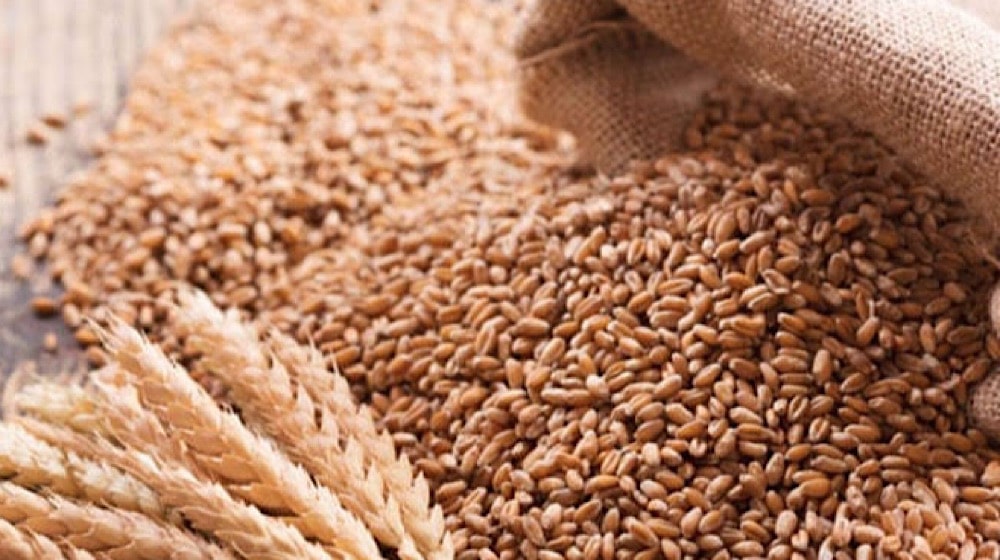The government will approach the International Monetary Fund (IMF) for the rehabilitation of the minimum support price (MSP) annually for wheat, a measuring official says it is important to restore the production since the termination of the policy.
Minister for National Food Security and Research Rana Tanveer Hussain told the National Assembly Standing Committee on Tuesday that Islamabad was pressing the IMF for flexibility on food measures. He said that the decline in state surveillance has pushed over wheat prices, which has forced the government to weigh imports.
He warned, “If the output falls more than 6 % this year, we may have to import $ 1.5 billion worth of wheat.” A new wheat policy is expected in the first week of October.
The committee, headed by MNA Syed Hussain Tariq, also reviewed the production and trade of sugar. Hussein reports that sugar production this year has reached only 5.8 million tonnes against expectations of 7.2 million tonnes, which is less than 7.6 million tonnes of manufactured last year. He said that after exporting 50 450 million sugar without any subsidy, the million is now importing 150 million worth of Million to meet this reduction. “The real reason behind the rise in prices is the sugar mafia,” he said.
Members raised concerns over growing sugar costs. Rana Hayat asked why wheat prices have been stabilized but the sugar is unstable, it has been warned that imports can harm farmers after the crushing weather approaches.
The committee also reaffirmed its demand to focus more on the policy. Legislators asked the Pakistan Tobacco Board to convert a part of their funds into social welfare in rising regions of tobacco and offer updates about market prices differences for flavored tobacco and fillers. Tobacco companies were instructed to present their key challenges and written accounts for proposed solutions.
On a broader agricultural policy, the ministry informed the lawmakers from the National Agriculture Biotechnology Policy (NABP) 2025, which focuses on genetically modified crops, new tools for breeding, and biotechnology. Legislators called for caution on the risks linked to biotechnology, warned potential export refusal, and sought Phase II’s feasibility report at the next meeting.
The committee also requested a detailed refreshment regarding the loss of flood -related crops and emphasized the need for strong research and development in the production of seeds.

